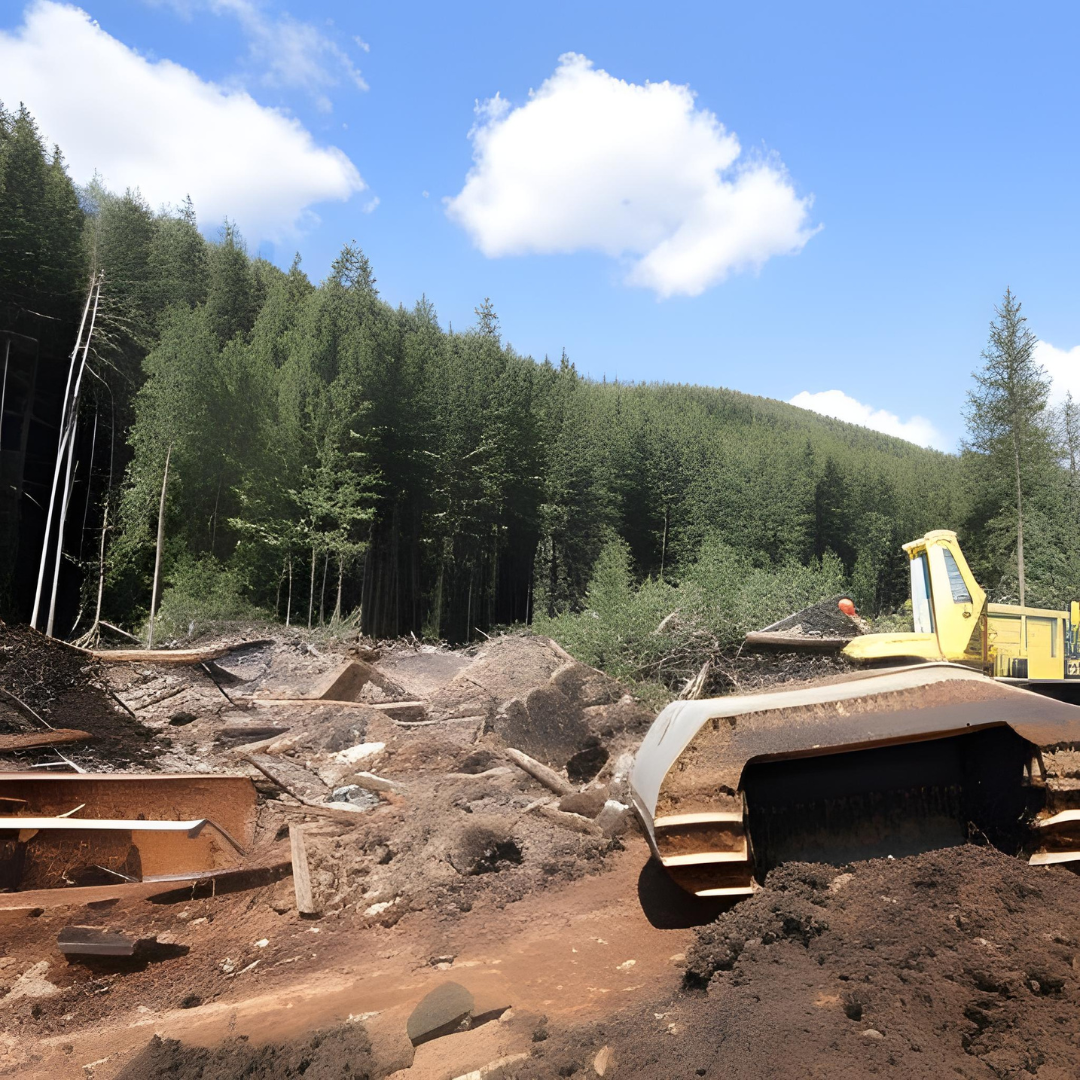Sandra Dunham
“A developer is someone who wants to build a house in the woods. An environmentalist is someone who already has a house in the woods.” — Dennis Miller
Ontario’s Greenbelt is a two-million-acre protected area circling the Greater Toronto area. As well as providing employment, recreation, and significant economic impact ($9.6 billion/year), the Greenbelt is an important environmental asset. The Greenbelt protects farmland, restricts urban sprawl, prevents flooding, and absorbs carbon dioxide, slowing the impact of climate change. Yet, in December of 2022, the Government of Ontario announced that they would be developing the Greenbelt to meet the undeniable demand for housing.
There is no question that as the world population expands we will continue to need more housing. In many parts of Canada and internationally, one way that policy makers address this need is through urban sprawl. Is this the best way (or the only way) to manage our increasing numbers? There are other solutions. But while there is collective support in theory for saving our green areas, support for the policies which would do this may be limited.
According to Rethinking Urban Sprawl: Moving Towards Sustainable Cities, solutions involve “appropriately pricing car travel and parking,” investing in public and non-motorized transport, and promoting densification through increasing or eliminating maximum density restrictions, redesigning urban containment policies, reforming land-use policies, and using market instruments to promote densification.
Unfortunately, while many of us oppose urban sprawl in general and developing Ontario’s Greenbelt in particular, it seems that few members of the voting public are prepared to accept the implications of this change. We generally oppose gas taxes and many of us enjoy our single-family detached homes on large lots (I include myself in this).
Why is Urban Sprawl a problem? Increased dependency on automobiles leads to more emissions. Reduction in agricultural land leads to more food being imported from other countries, leading to an increase in emissions from food transport, which can then lead to importing agricultural diseases with the food and importing food that may not meet reasonable standards. People living in sprawling neighborhoods may not have central places to meet and gather (such as local parks and coffee shops) and may become socially disconnected.
Urban sprawl can also have serious negative impacts on our larger cities. People from the suburbs travel into the city to consume services, creating traffic congestion and higher levels of pollution. At the same time, these commuters pay their property taxes to their suburban community creating an economic shortfall in their host community.
Will we save the Greenbelt?
According to a report released by Environmental Defense, Ontario has enough land to build more than two million homes without touching the Greenbelt. Approximately one-third of this is available within designated Greenfield areas and two-thirds in built-up areas.
However, as with many things in life, what’s best for society may not be best for individuals. A 2022 study reports that five out of seven studies on “all-cause mortality” reported a correlation between high population density and incidence of non-communicable diseases.
It appears that urban sprawl is with us to stay. It is yet another example of the tragedy of the commons, through which we fail to take the collective action that would benefit everyone, and instead, make individual choices that would improve our own well-being, if only others would make the more difficult choices. I will watch with interest (and dread) what becomes of Ontario’s Greenbelt. I’m sure that those of you living in other parts of the county have your own concerns about the paving of paradise.
Facts About the Greenbelt.
- Created in 2005
- Two million acres
- Offsets 71 million tons of carbon per year (equivalent of 56.5 million cars)
- Is home to 78 species at risk
- Protects 4,782 farms (750,000 acres of farmland)


Urban sprawl is bad, and protecting green spaces is good. We need more environmental solutions than simply building existing central cities up to the sky.